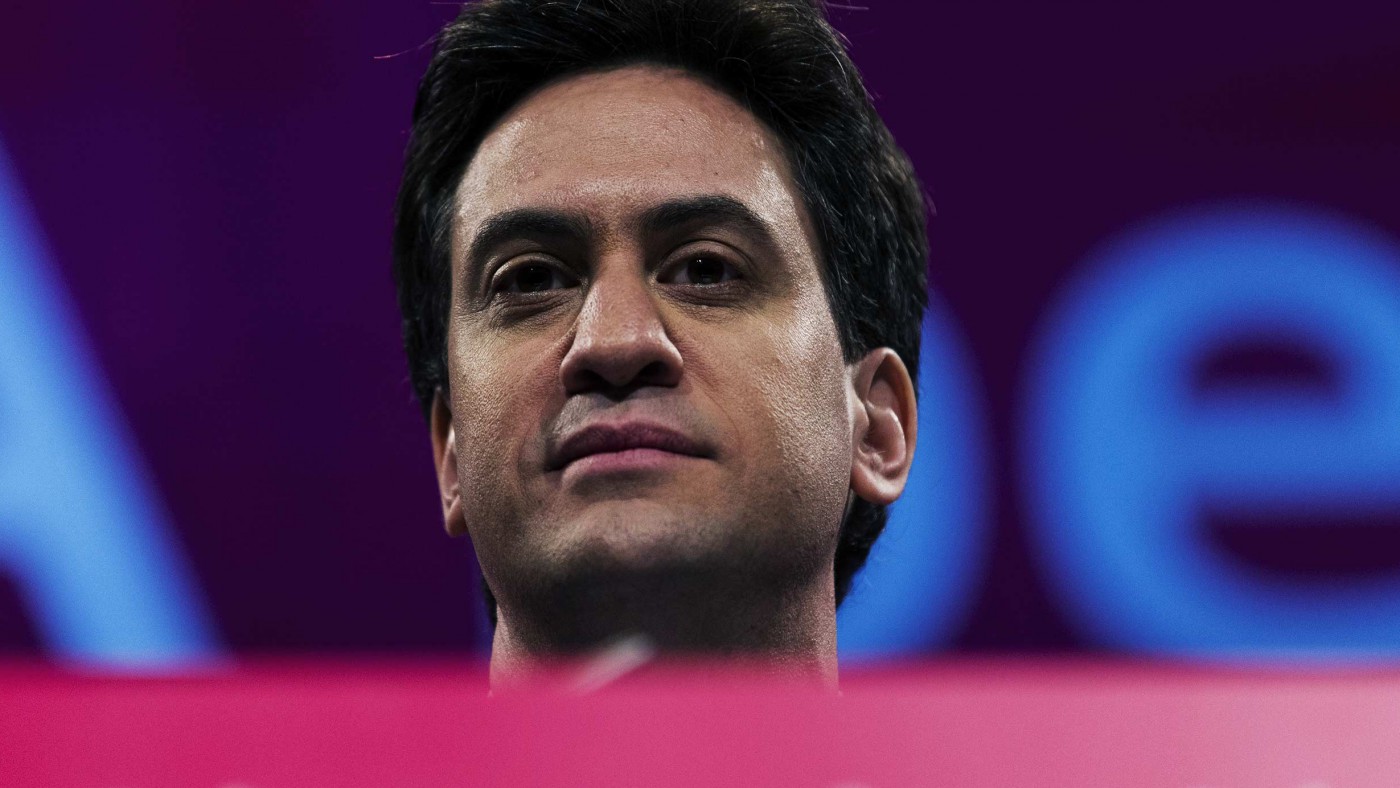Former Conservative Chancellor Nigel Lawson’s famous dictum about the UK’s National Health Service is as apposite today as it was when he put it in his memoirs. In the View From Number 11, a deeply valuable and insightful book published in 1993, Lawson said:
“The National Health Service is the closest thing the English have to a religion, with those who practise in it regarding themselves as a priesthood. This made it quite extraordinarily difficult to reform.”
Three decades later, the “priesthood” providing socialised medicine are still defending the NHS against what many in Britain regard as the ultimate heresy: profit made from healthcare.
Sensible people can see that if Britain had only one supermarket, operated by the government, then it would be highly unlikely to provide much in the way of great produce. Imagine too if the manufacture and sale of clothing was a state-owned monopoly. Or cars, or airlines, or hotels. Where this approach (communism) has been tried it has not been a roaring success.
Yet healthcare is often regarded as being different, for reasons which are – to an extent – understandable. Many voters in the West see it is the most basic requirement because it protects the stuff of life itself and should be available to all who need it.
For that reason, I do not propose this time to get into the question of healthcare reform. Readers in other countries have their own unique perspectives. The US recent experience is hardly a happy one and other nations are grappling with the consequences of ageing populations and the rising costs of care. (Technology may end up coming to the rescue in that regard.)
What concerns me more, is the creeping stigmatisation of profit – particularly in Western Europe – since the financial crisis.
Take Britain, where there is about to be a general election on May the 7th. The opposition Labour party launched its campaign today, with a focus on the NHS. Ed Miliband – Labour leader – announced that he would “cap” the profit that private providers can make when they undertake work for the NHS. If elected he will set a 5% limit.
This is a very stupid and fiddly idea. If an innovative company has found a way to deliver a good service and make a profit of 6%, what possible logic is there in it being fired and replaced with either a less productive or a less innovative rival that makes a profit of 4% or returning it in-house to the State monopoly? The only answer can be that he disapproves intrinsically of profit.
If implemented, the long-term result of this policy will only be that good companies will leave, to pursue more work purely in the private sector. And lesser companies will get NHS work, to the detriment of patients and taxpayers. Brilliant.
Of course, this is only the latest in a long line of such pronouncements from Ed Miliband. First, he wanted to freeze energy prices. That would have left them higher than now, because the oil price has since collapsed. He also seems to hate financiers making profits, but curiously he also wants them to expand and lend more.
His latest assault on profit is a measure it is impossible to imagine Tony Blair, Labour’s most electorally successful leader, ever contemplating (or at least not after he had spent a few years in office).
Yet, today a cap on profits is accepted as commonplace. Even the Conservatives attacked Miliband’s profit cap mainly in terms of it being unnecessary because, said the Health Secretary Jeremy Hunt, the NHS makes very little use of private provision anyway. Where is the full-throated defence of profit itself, as a reward for innovation and improvements in productivity?
This is how the intellectual climate changes slowly. It doesn’t always happen with a revolution, or a big bang moment. Sometimes gradually, like water dripping on stone, an idea just gets worn away. In terms of profit, those who might be expected to defend it start to go mute. Best not make a fuss; just go along with it and grumble in private. And then, before you know where you are, the main opposition party in the UK is back advocating price fixing and caps on profit.
Elsewhere on CapX in the last week we published great pieces on a wide range of topics. Five of my favourites are listed below. There is more on the site tomorrow, including book reviews.
Have a good weekend.


